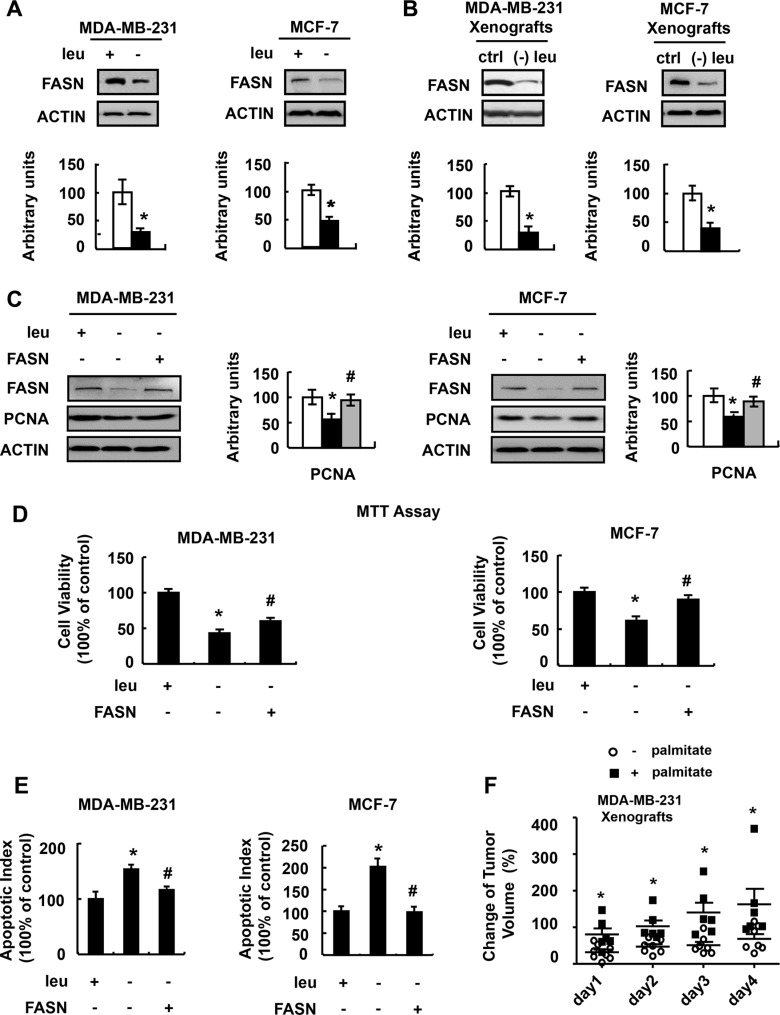Figure 4. FASN mediates the effect of leucine deprivation on breast cancer cells.
(A) MDA-MB-231 or MCF-7 cells were incubated in control (+leu) or leucine- deficient (−leu) medium for 48 h, followed by determination of FASN protein abundance. (B) Nude mice bearing tumors were fed a control (ctrl) or (−) leu diet for 4 days, followed by examination of FASN protein abundance. (C–E) FASN- over-expressing stable cells (+FASN) or control cells (−FASN) were incubated in control (+leu) or leucine-deficient (-leu) medium for 48 h, followed by determination of FASN expression in C, examination of cell viability in D and Annexin-V assay in E. (F) Nude mice bearing MDA-MB-231 tumor xenografts were orally supplemented with palmitic acid (+palmitate) or control solution (−palmitate) when fed with (−) leu diet, followed by measurement of the tumor volume at the indicated time point. Means ± SEMs shown are representative of at least three independent experiments in vitro or at least two independent in vivo. Statistical significance was calculated using the two-tailed Student t test for the effects of (−) leu vs. the control treatment (*p < 0.05) in A and B, with vs. without palmitic acid supplementation (*p < 0.05) in F, or using the one-way ANOVA followed by the Student- Newman-Keuls (SNK) test for the effects of (−) leu vs. the control treatment (*p < 0.05) in C–E, with or without FANS over-expression in (−) leu group (#p < 0.05) in C–E.

